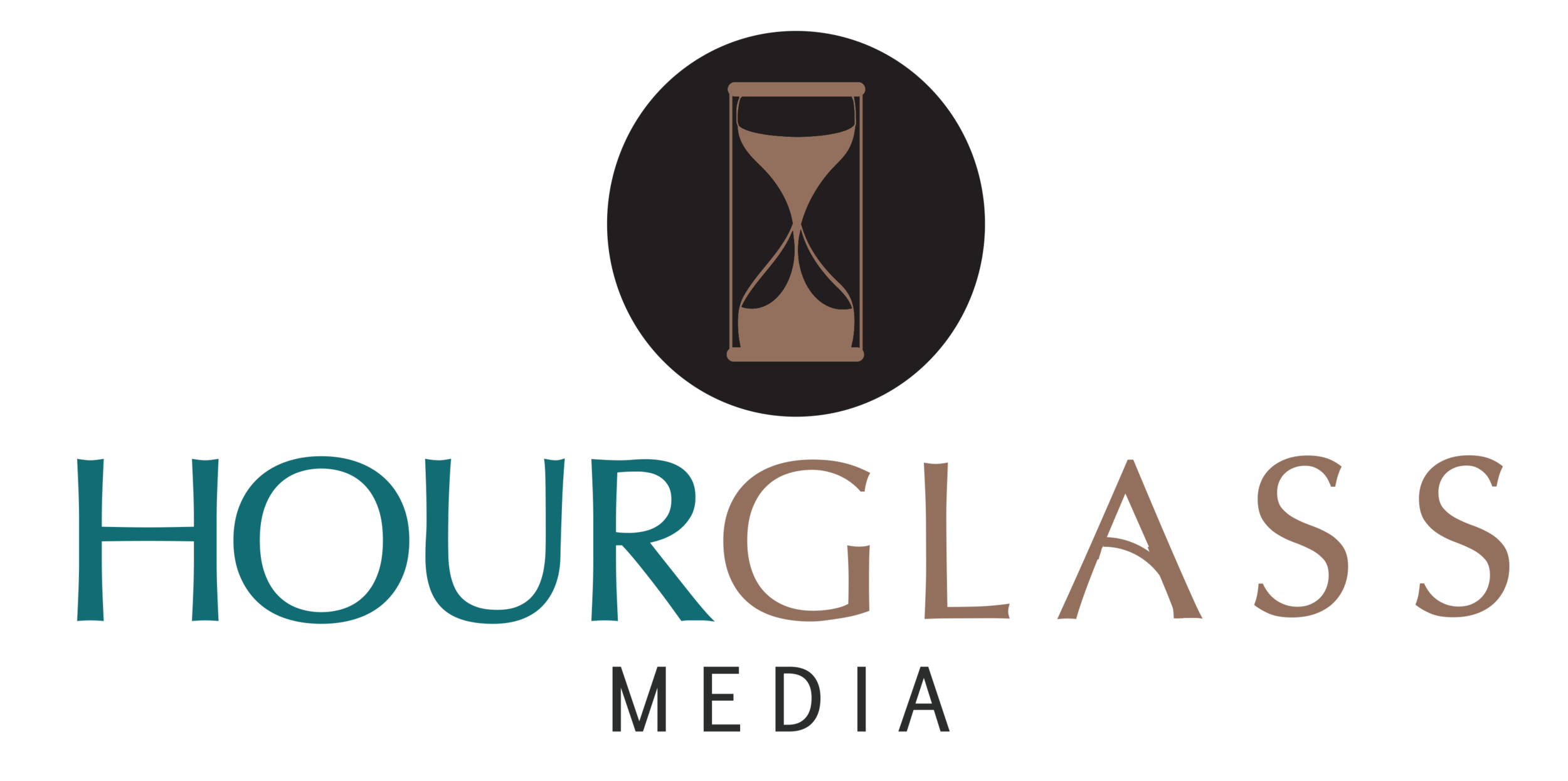Musings From Someone Addicted to Achievement
⌛ By Kaylin R. Staten ⌛
Panic washes over my entire body as I hunch over looseleaf paper on my bedroom floor. I frantically calculate the same numbers over and over, getting the same result with each pen stroke and calculator key. I don’t like these results because they go against what I am trying to achieve.
My mind races with, “What if I can’t get where I need to go? What if I fail this next exam or don’t do so well on this upcoming assignment?” After all, my sanity lies with this overarching goal: to earn summa cum laude on my college diploma. It’s not enough for me to learn new skills and concepts pertaining to my career. I have to be the BEST at it.
Beads of sweat form on my back, and my cheeks flush. I have tunnel vision that I cannot escape from. A kaleidoscope of self-deprecating behaviors clouds my judgment, and I don’t feel like I am enough. I don’t think I will ever reach my goal or have future success in any venture. My breath becomes shallow as I lose a sense of reality and escape to a place I hate to go: overwhelm, lack of worth, panic.
In college, this was an almost daily process for me. As someone who just naturally likes to achieve her goals, I thought this was normal. Add almost a decade on top of that, and it’s a chronic recipe for disaster for my mental health.
These days, I have taken some steps to ensure that I still can achieve my goals without it damaging my sense of worth and overall life. Now, I realize that I have an achievement addiction. While I have decreased many of my negative thoughts and behaviors, they still arise at inopportune moments, vying for my attention. They want to suck me back into the toxic achievement vortex, which is part of my carefully constructed comfort zone.
Not too long ago, I decided to break up with achievement addiction.
In the second episode of The Wholeheartedly Podcast, I take a deeper dive into achievement addiction. I talk about how toxic positivity and other factors contributed to my plummeting self-worth and other negative factors. I define achievement addiction and discuss ways that help me move past negativity in order to harbor contentment.
My innate desire to achieve was recently put to the test, and that is one of the reasons I bumped up this episode to the top of the production list. I was once someone who used awards to validate her worth, in addition to credentials, titles, and other signs to show that I had “made” it. Although I am addressing the root of my suffering, I am not immune to flareups. I entered a very strong entry in an awards program, and… I didn’t get an award. My automatic reaction is, “They don’t know what they’re talking about! They don’t know what a good entry is!” Then, it manifests itself as, “I’m just not good enough to even get that award or anything else.”
Both are not true, but the protector voice inside of me wants to shield my ego by announcing that other people are the ones at fault. Then, my inner child (plus a separate self-deprecating voice I have recently identified) tells me that I’m not even worth it anyway. Both are wounded parts of my conscious and subconscious mind, and having that knowledge gives me the understanding I always lacked.
I’m an emotional sponge. It’s true. I mean, I have created an entire podcast under this idea. It’s SO challenging to integrate your authentic personality into both work and life. I operated in silos for years, with one version for work and one for personal life. I allowed shards to intertwine, but holistically, I was two different people. Concepts like overachievement (and achievement addiction) are parts of the puzzle that is… me.
Am I worried about judgment? I am worried people will walk on eggshells around me and think I cannot handle any emotions at all? (Which isn’t true.) Will people think I am less than because I open up about previously not-talked-about subjects? I am only human, so yes. But, I know in my heart and gut that talking about issues like achievement addiction will shed light on what so many others silently suffer every day.
I am a PR practitioner, and I have communicated for a living for nearly 13 years and almost two decades as a professional writer. I used my PR skills to craft an image that overachieved, didn’t take care of basic needs (because who needs to stop working? I am a machine, after all), people pleased, didn’t speak her true mind, and more. I became a caricature of who I was so I would become who people wanted me to be. And achievement addiction played into that complex set of ideas and actions.
These days, I am hyperfocused on what I want to achieve. You KNOW I couldn’t just quit it cold turkey. Ambition is part of who I am. I just work really hard to not allow it to control my every waking moment anymore.
Listen to EP2: Breaking Up With Achievement Addiction & Toxic Positivity wherever you get your podcasts! Episodes release every other Friday (+ some bonus episodes!).
Kaylin R. Staten, APR, is an award-winning, accredited public relations practitioner and writer based in Huntington, WV, with nearly 20 years of professional communications experience. As CEO and founder of Hourglass Media, she uses her compassionate spirit and expertise to delve into the heart of clients’ stories. She is a wife, mom, mental health advocate, and Leia Organa aficionado. Connect with Kaylin on LinkedIn.


